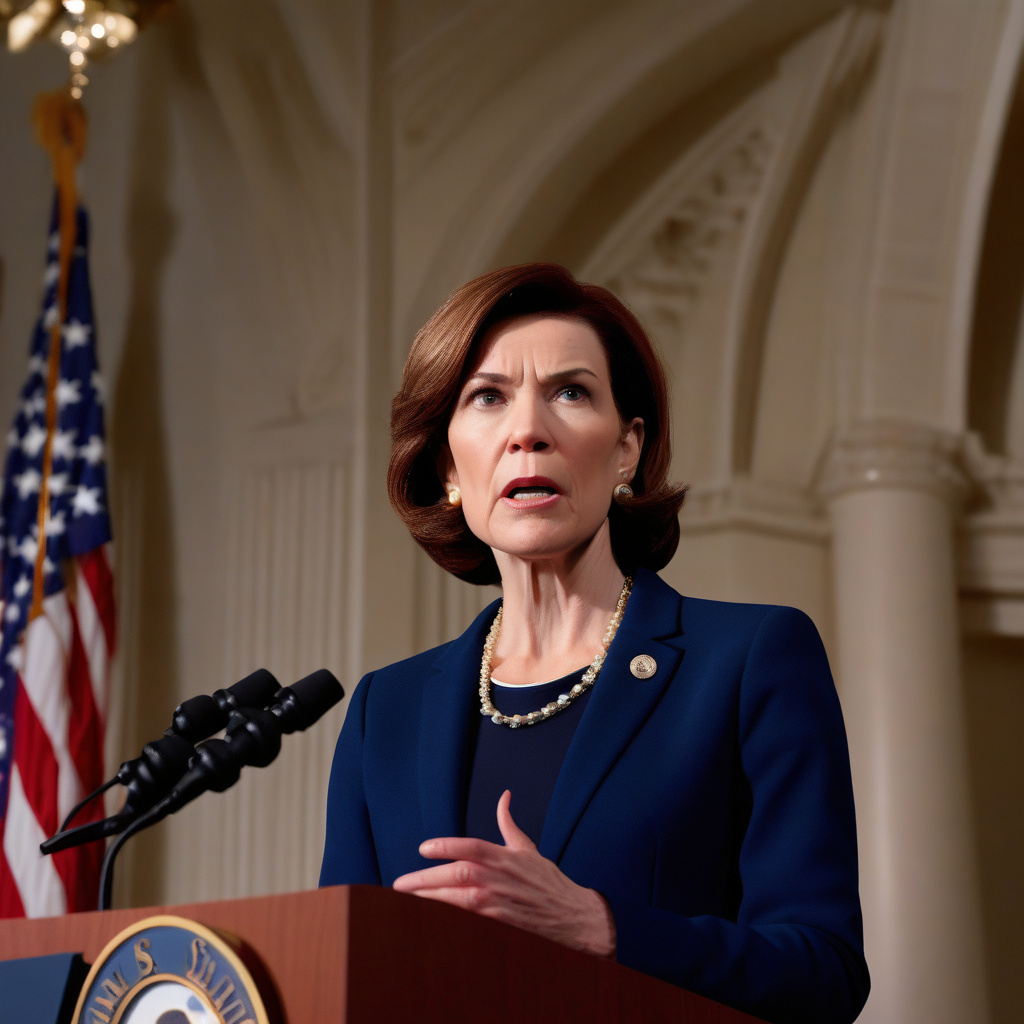US Senator Urges Elon Musk to Block Starlink Use by Southeast Asian Criminal Networks
In a world where technology is advancing at an unprecedented pace, the intersection of innovation and criminal activity is becoming a growing concern. Recently, a US senator has raised alarms about the potential misuse of SpaceX’s Starlink satellite internet service by transnational criminal groups in Southeast Asia. The senator has called upon SpaceX CEO Elon Musk to take action and prevent these networks from exploiting Starlink for fraudulent activities.
The appeal comes at a time when Starlink, a satellite internet constellation being developed by SpaceX to provide high-speed internet access to underserved areas around the globe, is gaining popularity for its revolutionary approach to connectivity. However, with great technological advancements come great responsibilities, especially in ensuring that these tools are not misused for illicit purposes.
Transnational criminal networks in Southeast Asia have been known to engage in various illegal activities, including fraud, money laundering, and cybercrime. The senator’s concerns stem from the potential use of Starlink’s high-speed internet connection to facilitate such criminal endeavors, posing a threat to cybersecurity and global financial systems.
Elon Musk, a visionary entrepreneur known for pushing the boundaries of innovation, now faces a new challenge in safeguarding Starlink’s integrity and preventing its exploitation by nefarious actors. As the founder and CEO of SpaceX, Musk holds the key to mitigating the risks associated with providing satellite internet services to regions where regulatory oversight may be limited.
To address these concerns, Musk and his team at SpaceX must implement robust security measures to monitor and prevent unauthorized access to Starlink’s network. This may involve leveraging advanced encryption technologies, enhancing authentication protocols, and collaborating with law enforcement agencies to track and apprehend cybercriminals operating within the Starlink ecosystem.
Furthermore, Musk could explore partnerships with regional governments and cybersecurity experts to establish proactive strategies for detecting and deterring criminal activities on the Starlink platform. By fostering a culture of transparency and accountability, SpaceX can demonstrate its commitment to upholding ethical standards and protecting the integrity of its technological innovations.
As the demand for reliable internet connectivity continues to rise, particularly in underserved regions like Southeast Asia, the need for responsible stewardship of satellite internet services becomes paramount. By heeding the senator’s call to action and proactively addressing the risks posed by criminal networks, Elon Musk and SpaceX can set a precedent for ethical technology deployment in the digital age.
In conclusion, the convergence of technological progress and criminality underscores the importance of vigilance and compliance within the tech industry. As SpaceX strives to expand access to high-speed internet through initiatives like Starlink, it must also prioritize security and risk mitigation to prevent malicious actors from exploiting these innovations for unlawful purposes. By taking decisive steps to safeguard Starlink’s network integrity, Elon Musk can uphold the promise of connectivity while thwarting the efforts of Southeast Asian criminal networks to abuse this transformative technology.
US Senator, Starlink, Southeast Asia, Elon Musk, Cybersecurity












